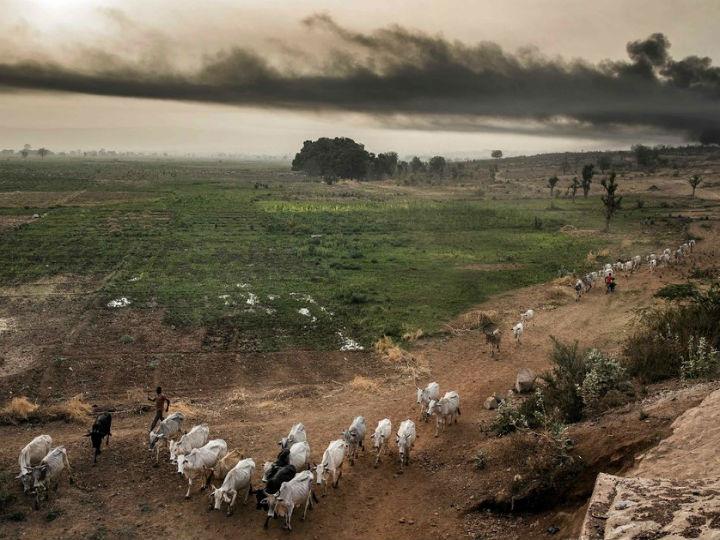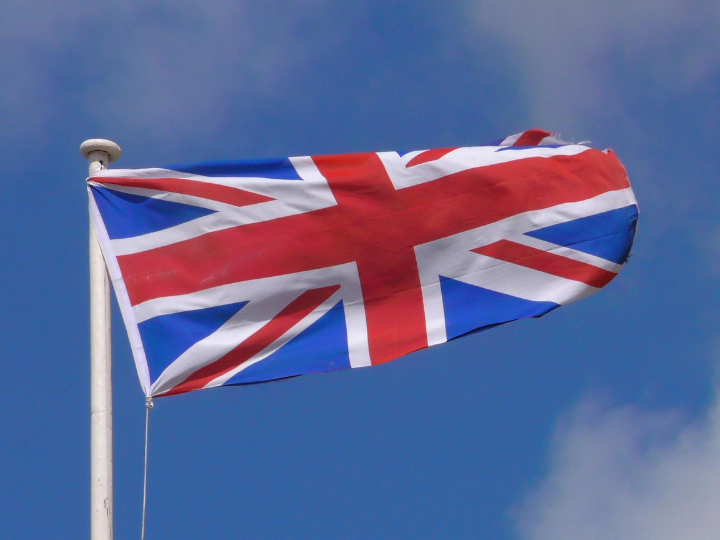by Greenpeace*
Greenhouse gas emissions from animal farming in the EU account for 17% of the EU’s total emissions and do more damage to the climate than all cars and vans put together. The scale of the problem means that the EU cannot reach the goals of the Paris climate agreement, and avoid the worst impacts of climate breakdown, without a reduction in the number of farm animals. The Greenpeace report ,Farming for failure’ also found that yearly emissions from animal farming rose by 6% between 2007 and 2018. The increase, the equivalent of 39 million tonnes of CO2, would be like adding 8.4 million cars to European roads.
The new calculations, using UN Food and Agriculture Organisation data and other peer-reviewed scientific research, estimate that animals on European farms emit the equivalent of 502 million tonnes of CO2 per year. When including indirect greenhouse gas emissions, coming from animal feed production, land use, deforestation and other land-use change, the total annual emissions attributable to European animal farming are the equivalent of 704 million tonnes of CO2.
Greenhouse gas emissions from animal farming in the EU are more than all cars and vans on European roads (656 million tonnes of CO2 per year), more than the total emissions, from all sectors, of Poland, Slovakia, the Czech Republic and Hungary (647 million tonnes of CO2 per year) and more than 18 times the emissions of the biggest and most polluting coal station in Europe, Poland’s Belchatow power plant (38 million tonnes of CO2 per year).
The potential for greenhouse gas cuts from reducing animal farming is therefore huge. A 50% reduction in animal farming would save the equivalent of 250 million tonnes of CO2 the combined emissions from all sectors of the 11 lower emitting EU countries and a 75% reduction would save the equivalent of 376 million tonnes of CO2, the combined emissions from all industrial processes in the EU and the UK (manufacturing, iron and steel, pulp and paper, and processing of foods, chemicals, and minerals). The EU is currently developing a new climate law, updating its climate targets, as well as deciding the EU’s farming policy for the next seven years. These new calculations show that credible climate action must include an end to public subsidies for industrial animal farming in the EU’s common agricultural policy and to rather use public money to support reductions in the number of animals farmed.
Less and better animal farming is crucial in the fight against climate breakdown, but it is also essential in preventing new pandemics. Many pandemics have started with microbes passed from farm animals to humans. Industrial animal farming has a well-recognised role in the emergence and spread of viral infections similar to Covid-19. An estimated 73% of all emerging infectious diseases originate in animals, and livestock species transmit an extraordinary number of viruses, like coronaviruses and influenza viruses, to humans.
*Greenpeace is an independent global campaigning organisation that acts to change attitudes and behaviour, to protect and conserve the environment and to promote peace. Greenpeace does not accept donations from governments, the EU, businesses or political parties




 By: N. Peter Kramer
By: N. Peter Kramer
